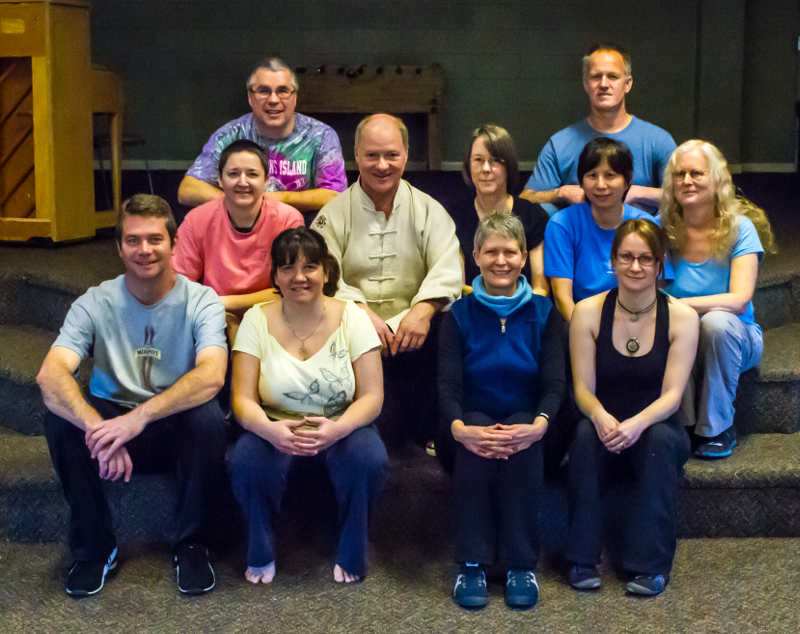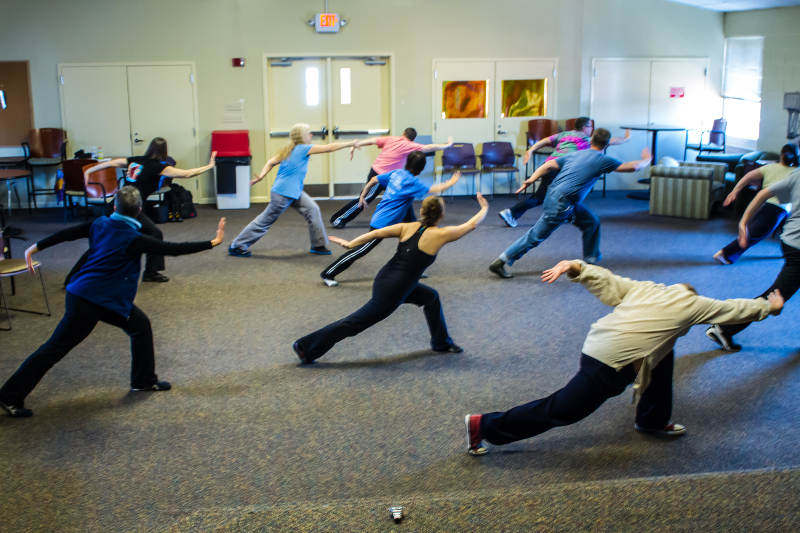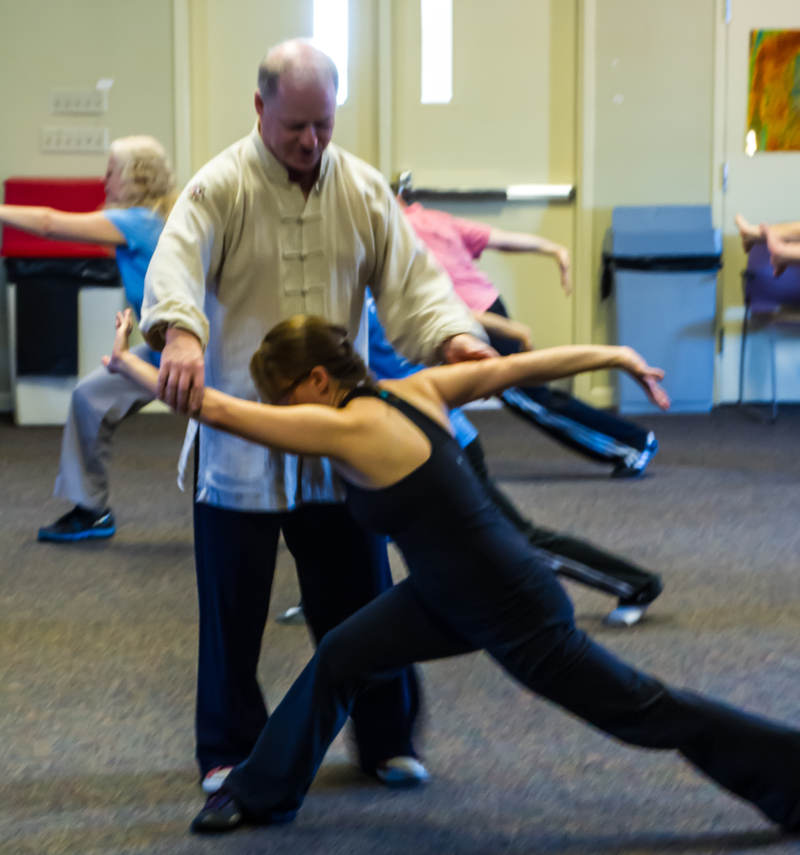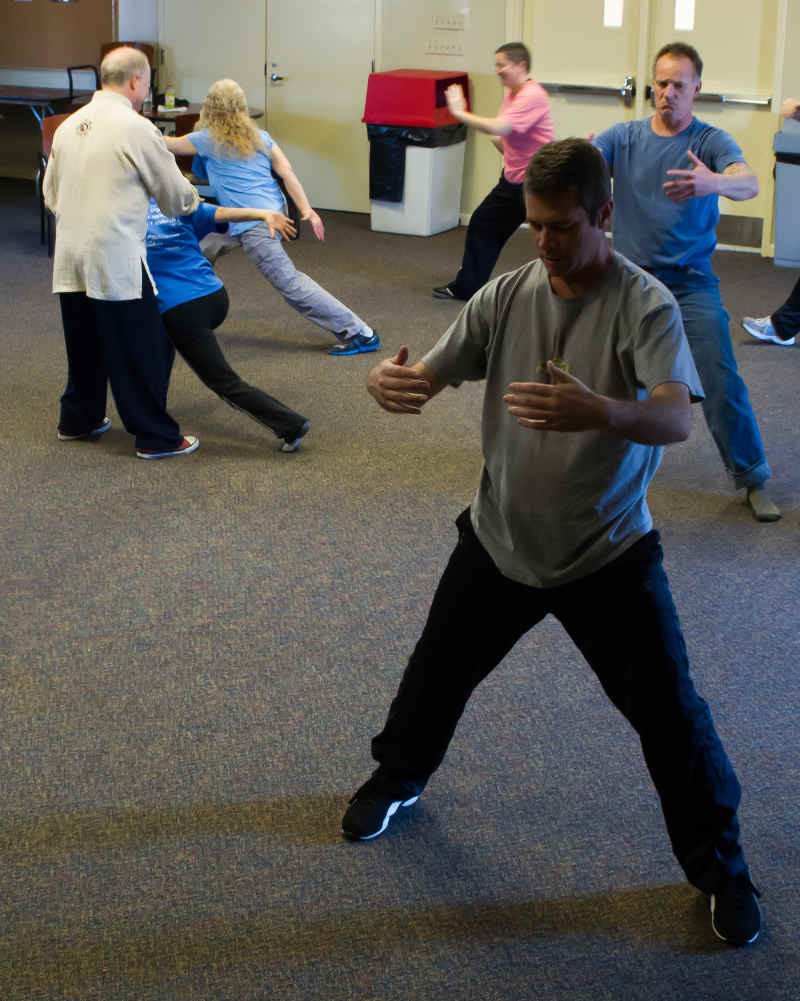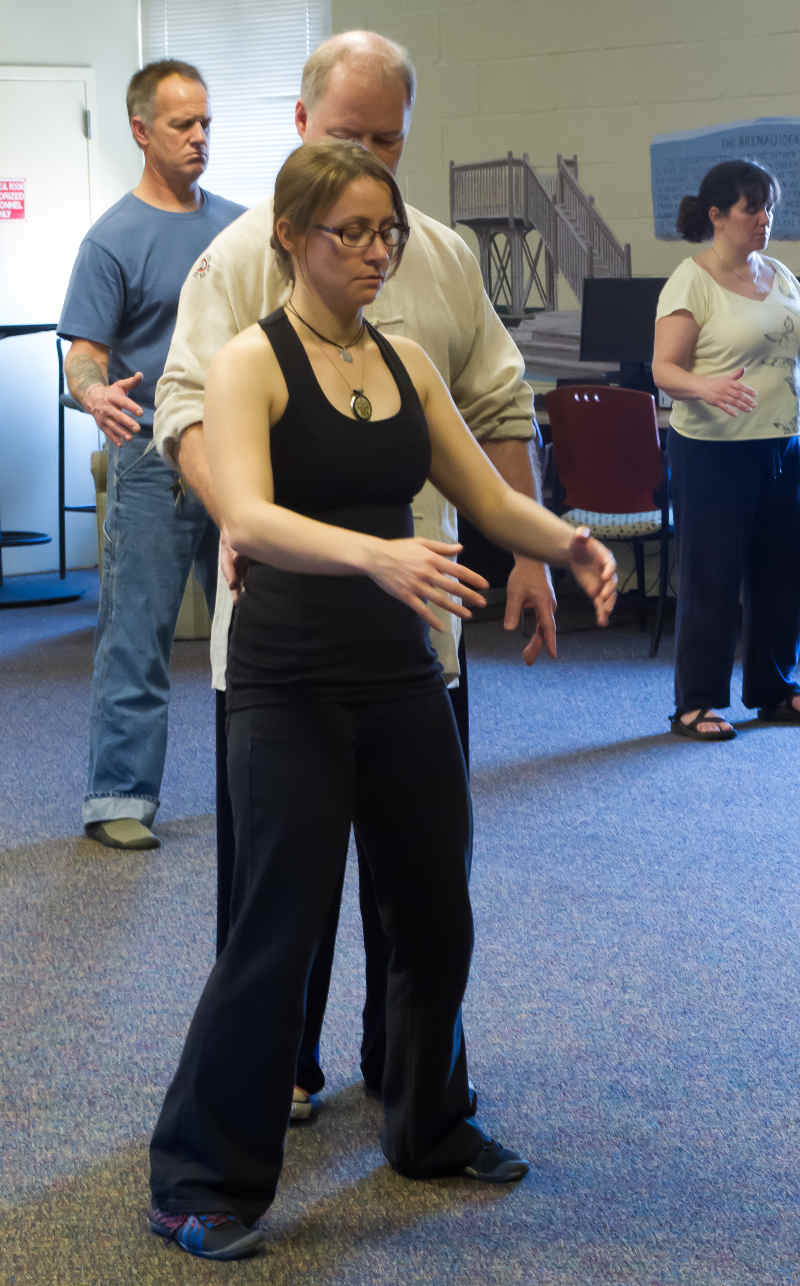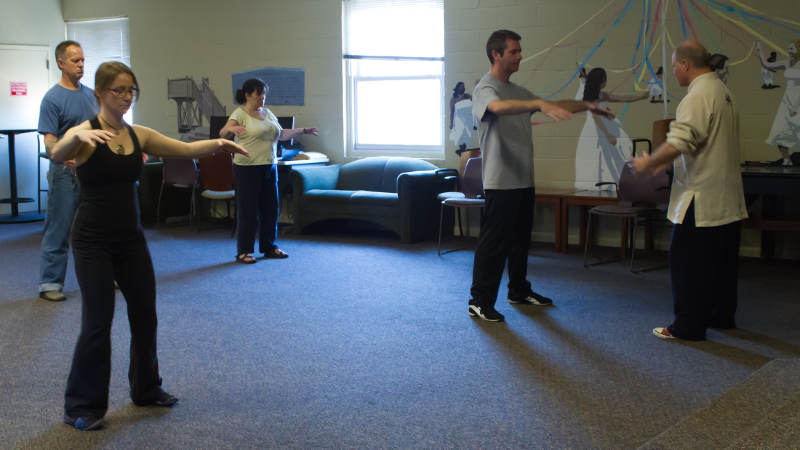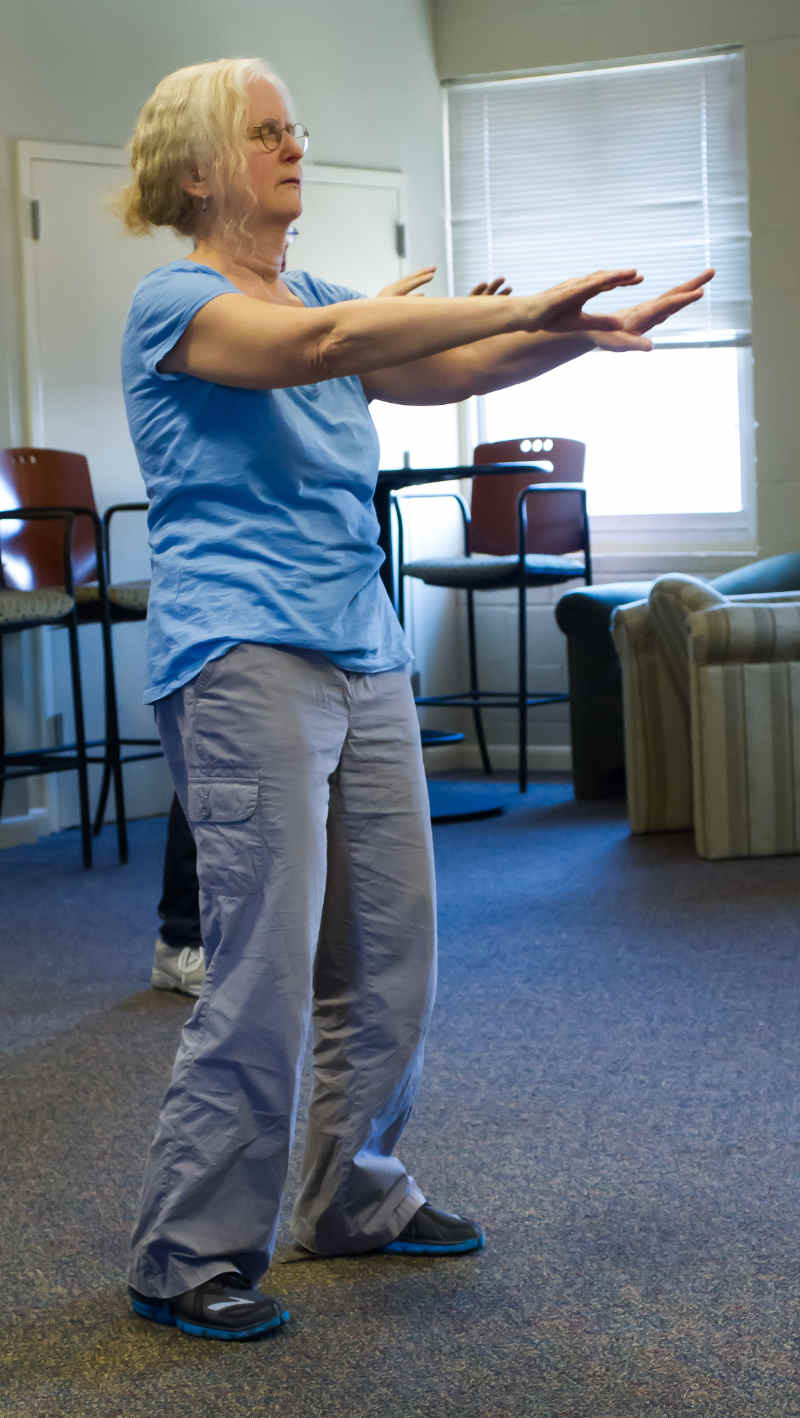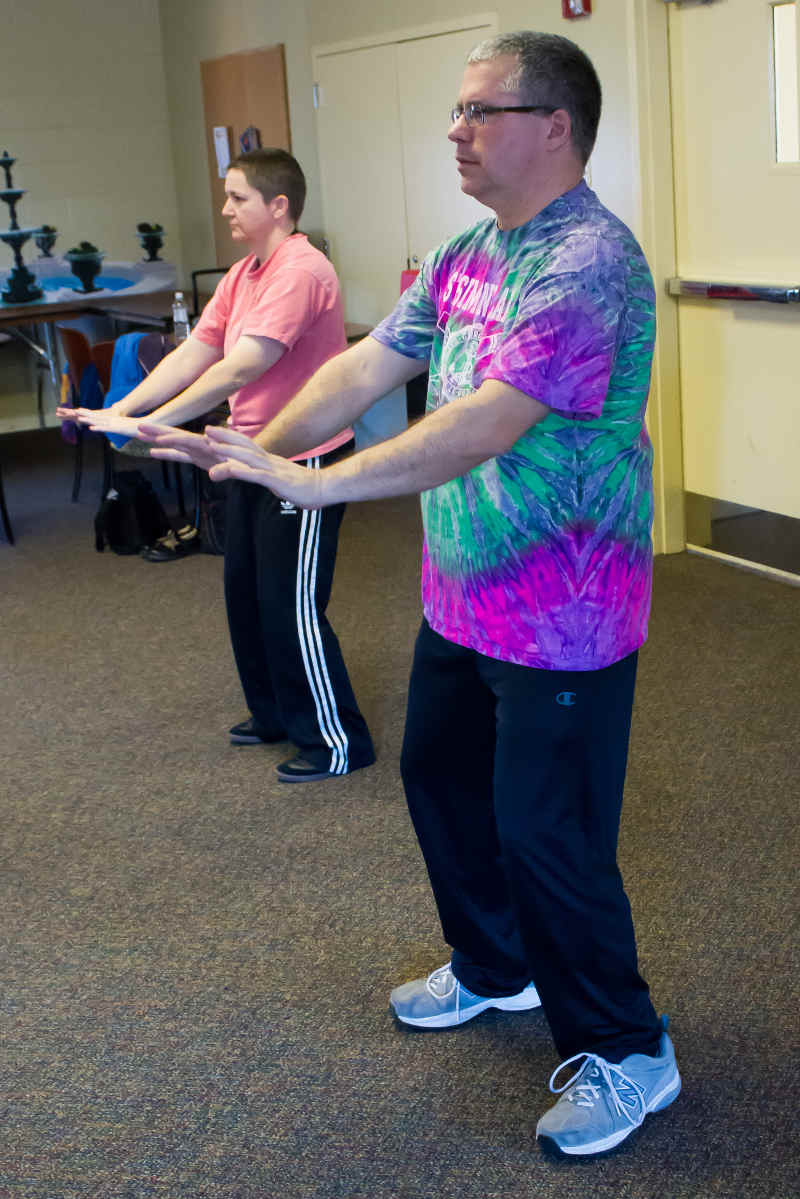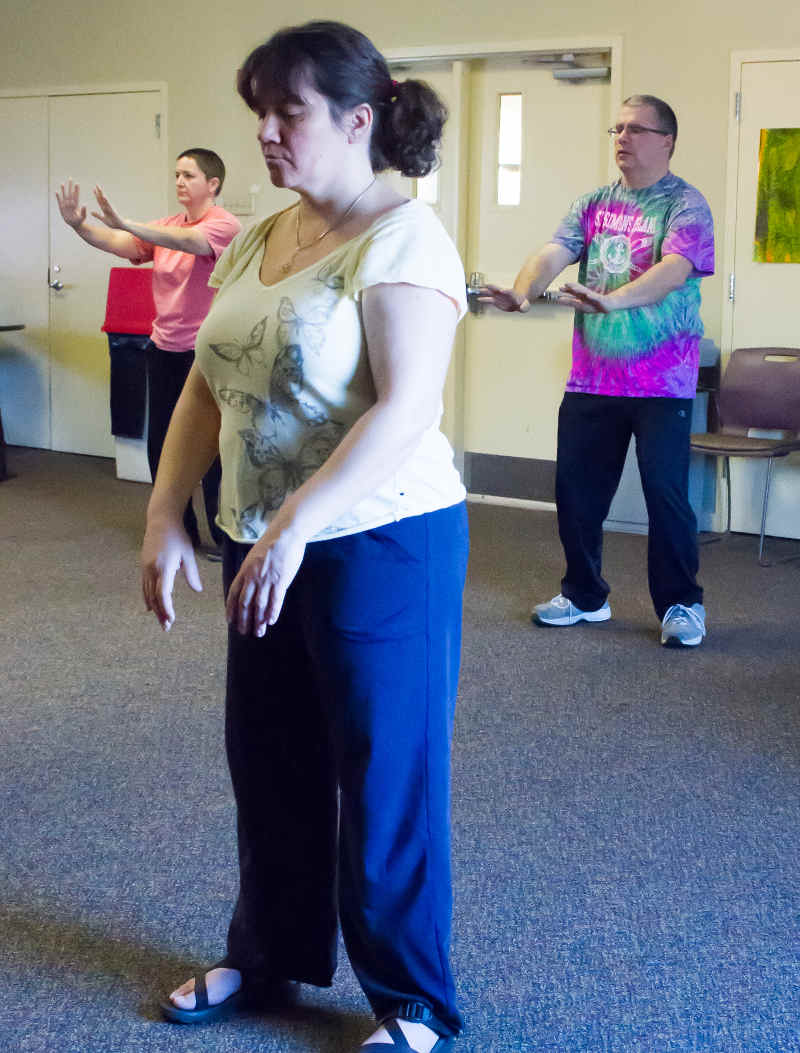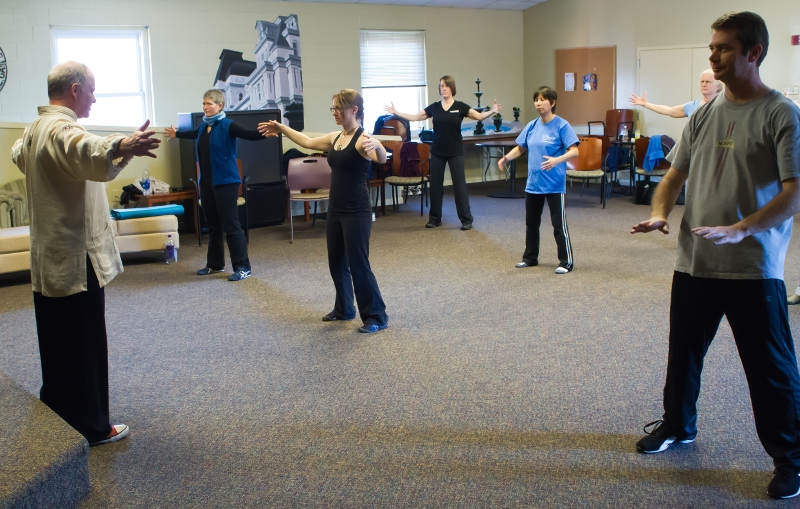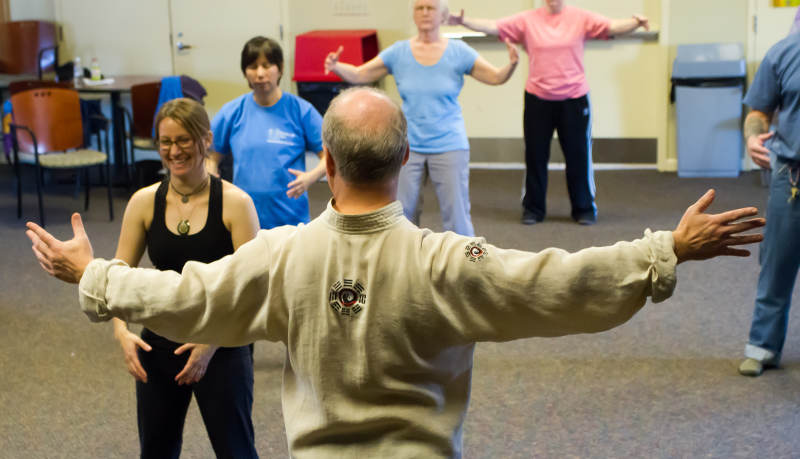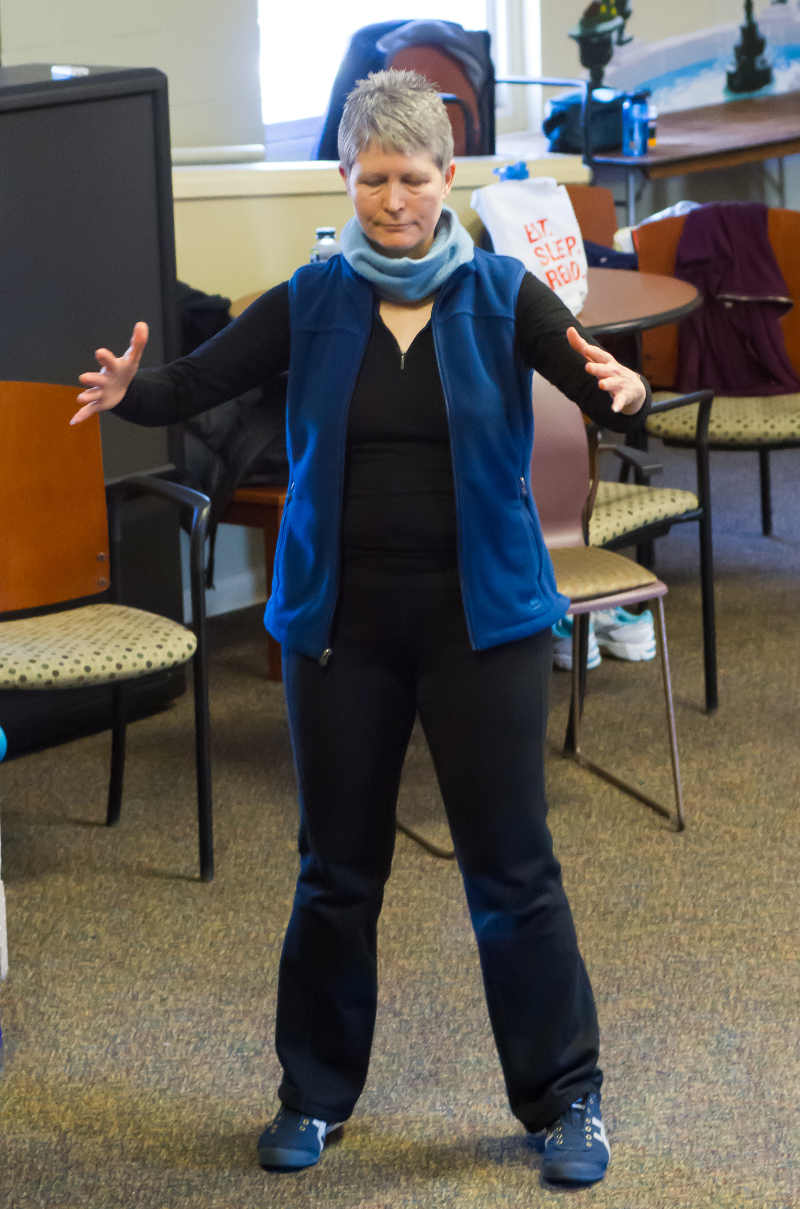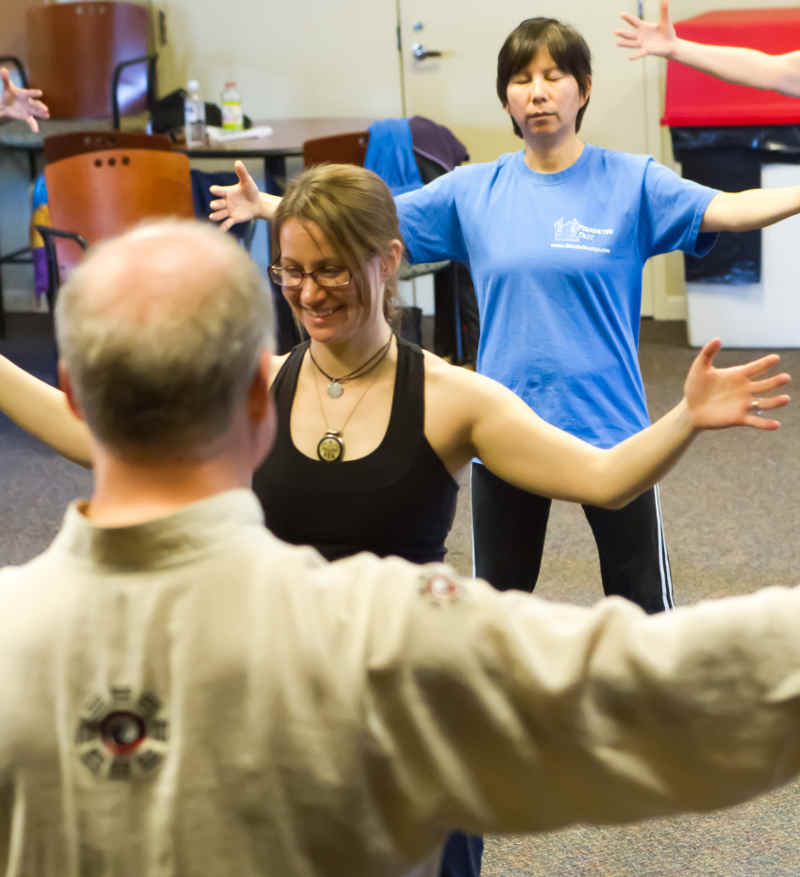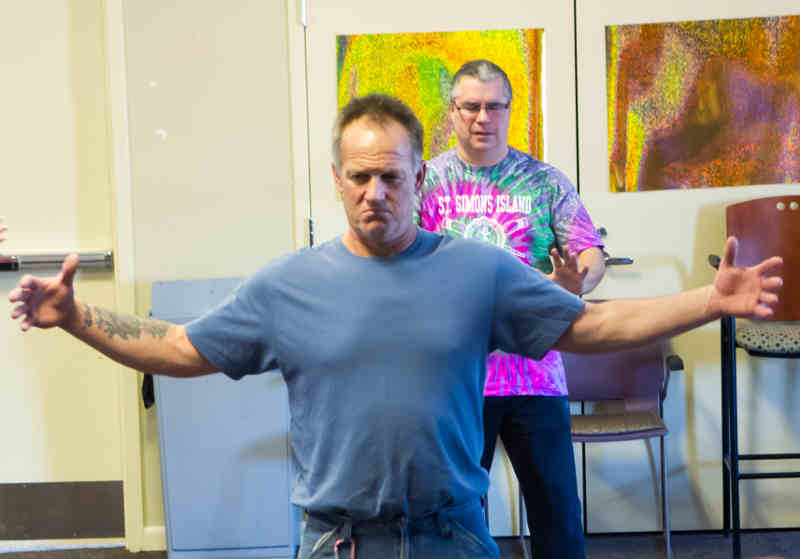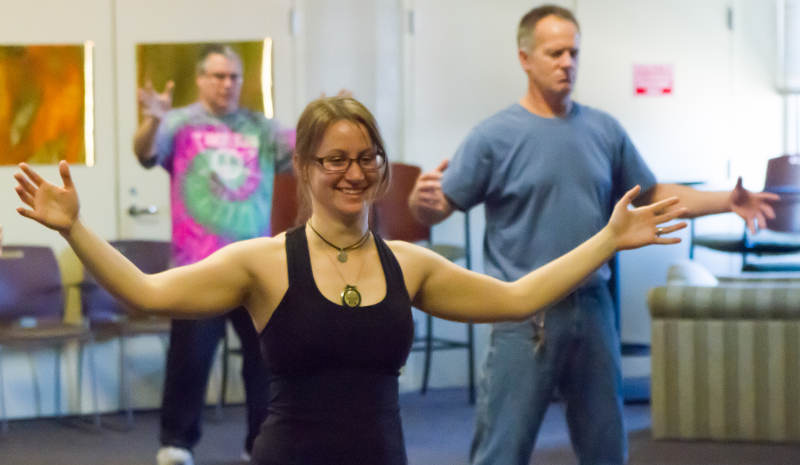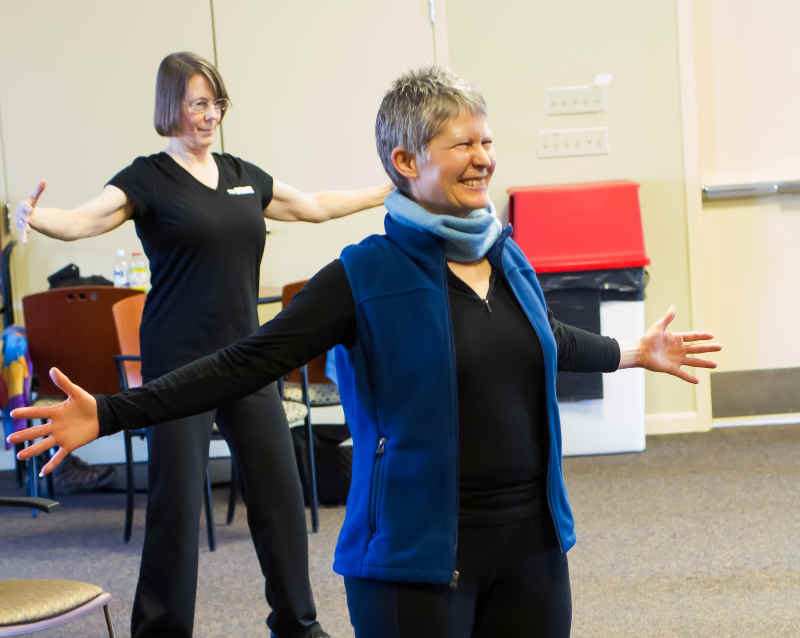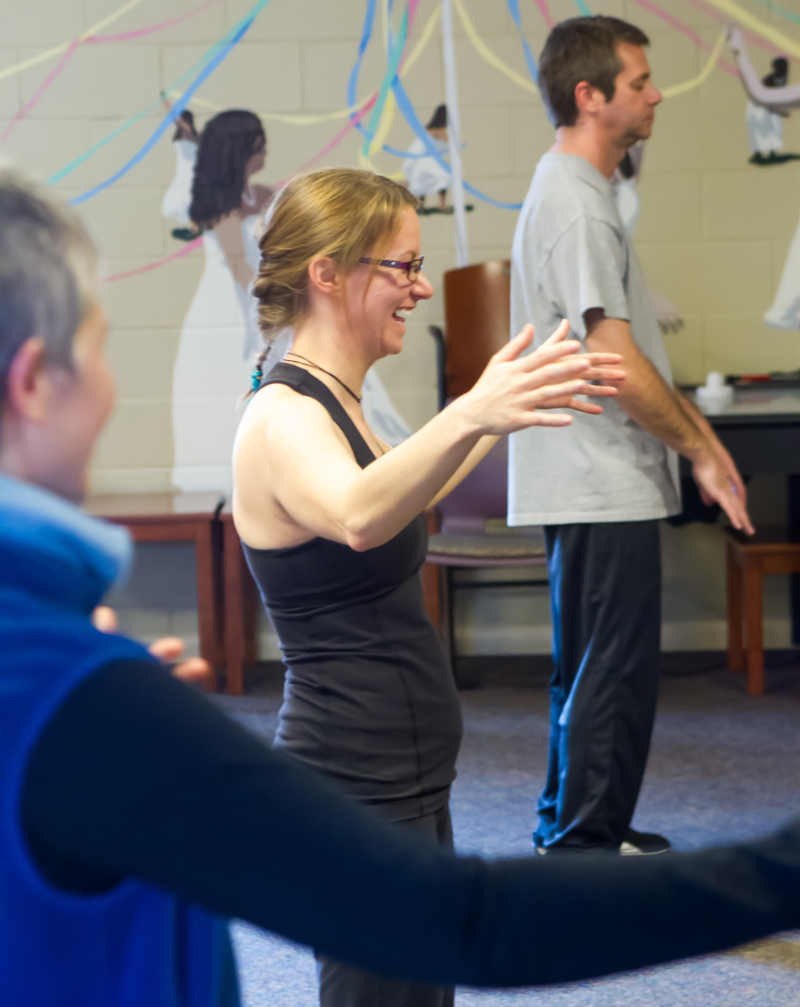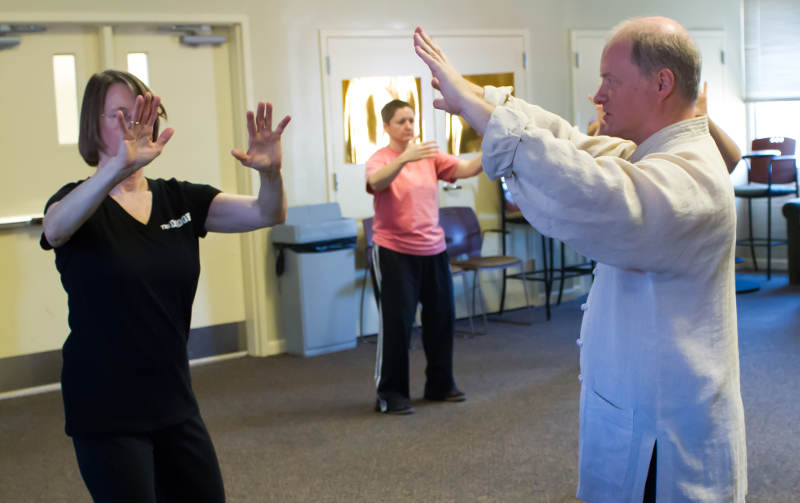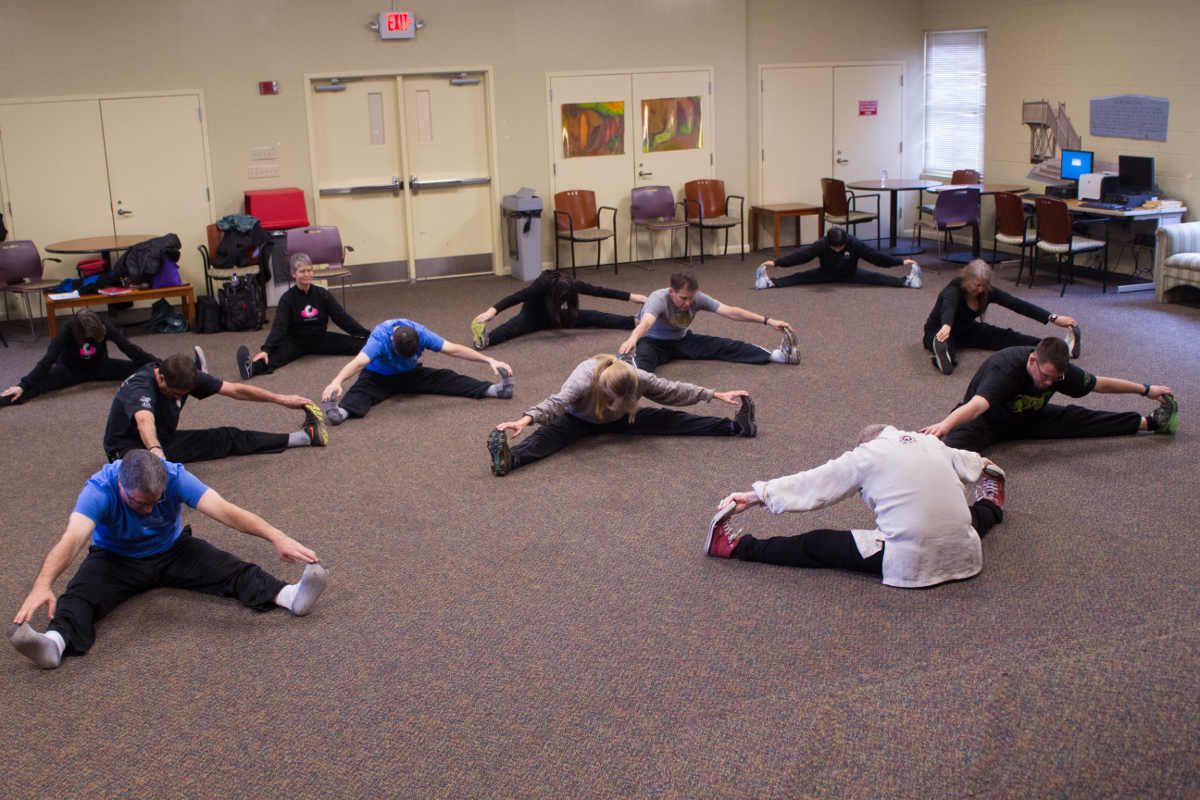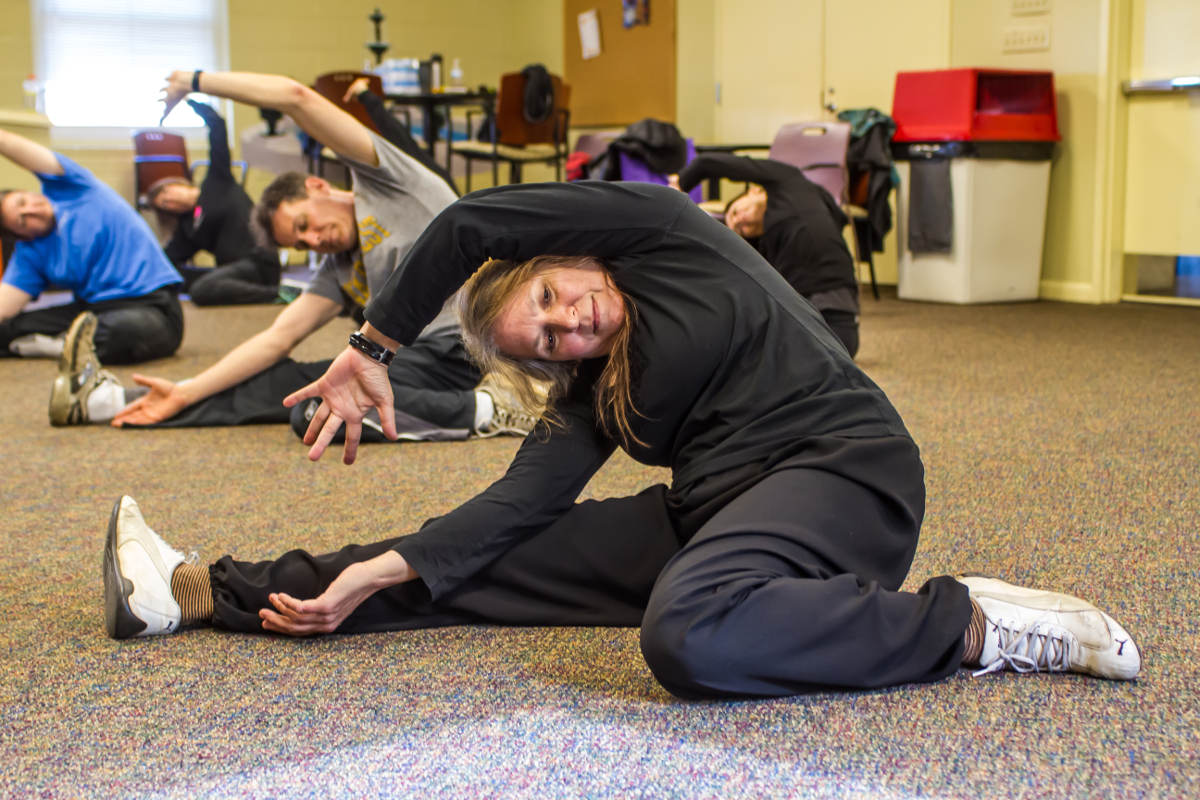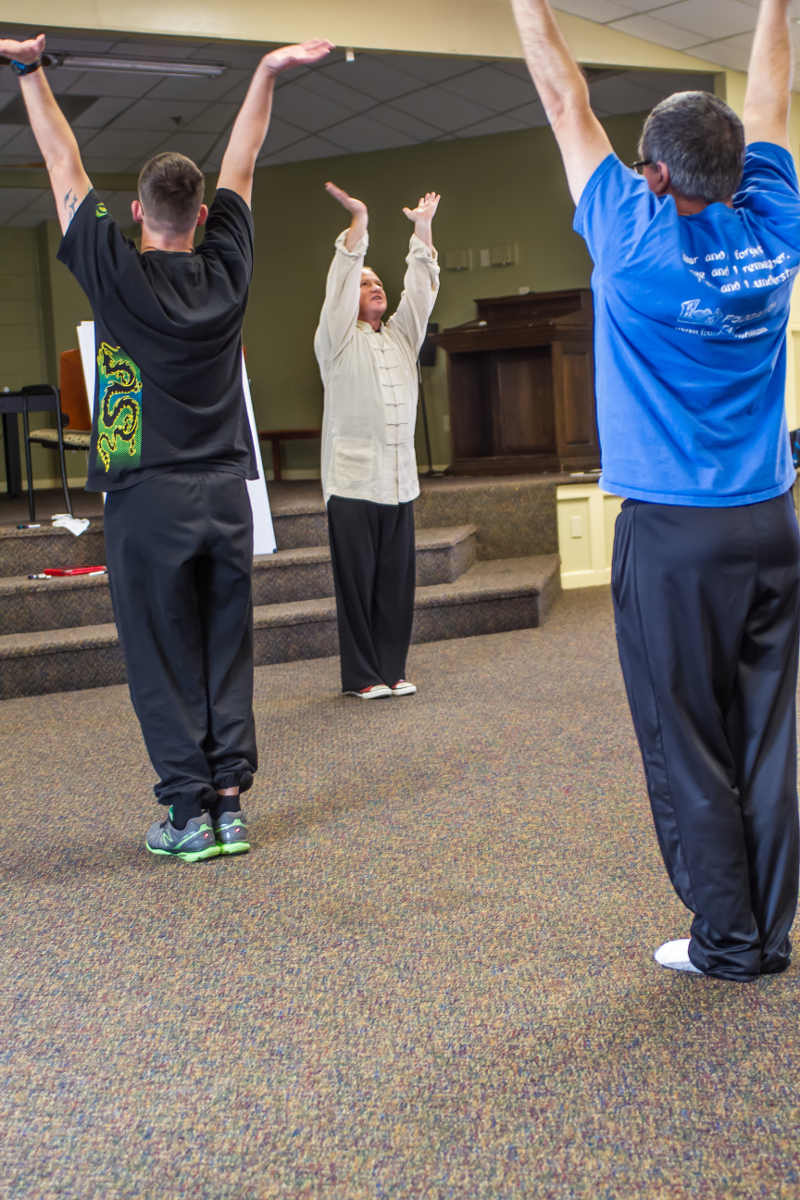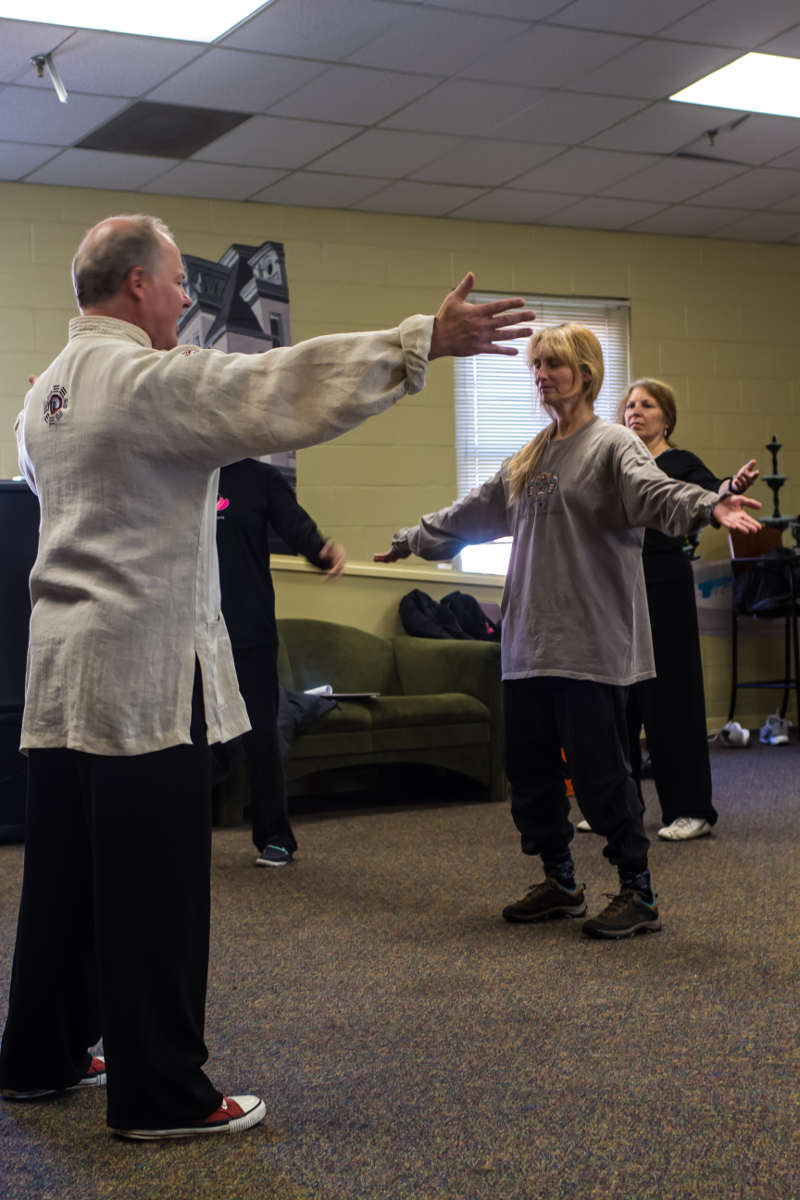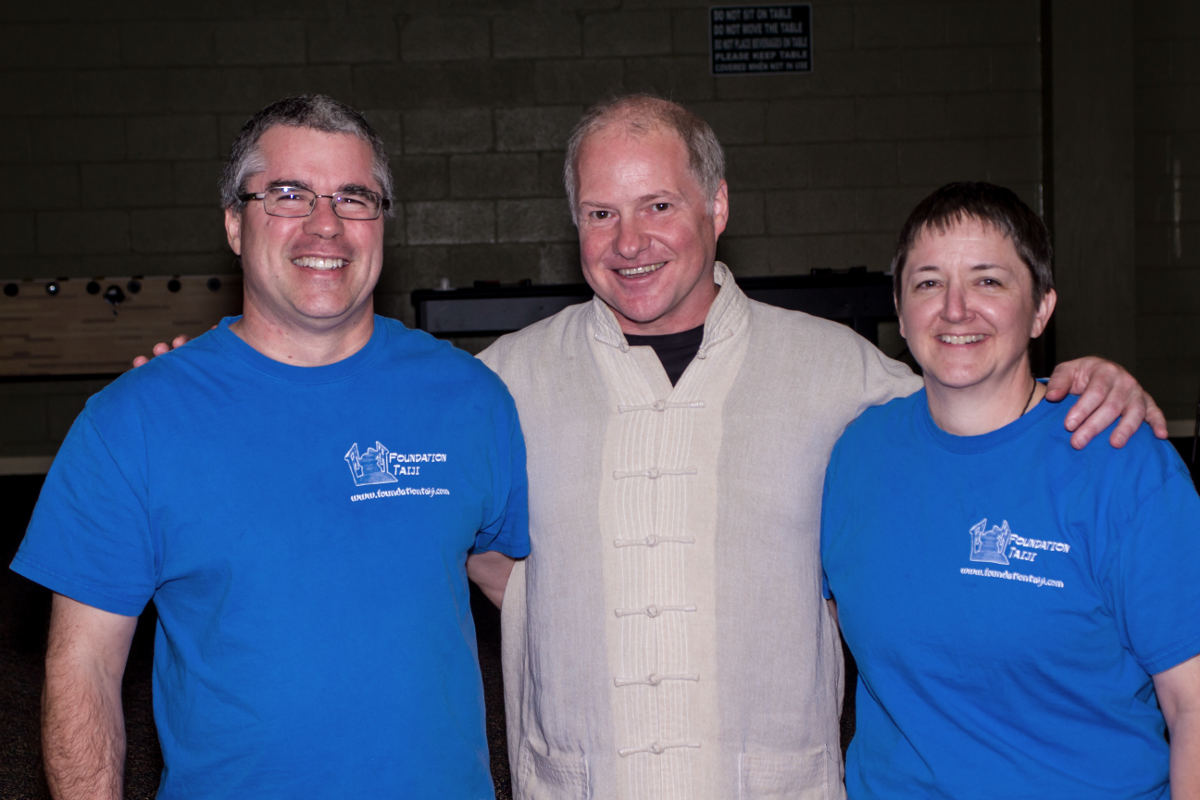The purpose of the series of events in Atlanta over the last two years has been to sensitize students to their energetic body. At one level, there is a sense of achievement in learning the physical aspects of Dao Yin and Qigong. At a deeper level though, Nei Gong helps us observe what the energy body does and it is not really until students experience this that they understand what it takes both physically and emotionally to regulate energetics. It takes two to three years to develop the early stages of this skill and at our last event it seemed that things started to "click" for people.
This is an important achievement and it should be rewarding. Moving forward, practitioners consolidate their training and improve their ability. We do this by examining and tuning aspects of the exercises we have been working with in the light of what experience now tells us. For instance, what is intent as opposed to concentration, and how much lengthening and opening can we sustain before these techniques become tension themselves? Several students are at a point where experience can start giving them answers.
When dealing with structure, Qigong practitioners often hear teachers encouraging students to lift their head "as if suspended by a golden thread". This is a useful aid for newcomers to rely on. In the longer term, however, simply suspending one's head this way does not help build root and may even contribute to a weak root. So, as we develop our skill, we modify technique to develop skills for "filling".
Surprisingly, the art of filling does not happen from the ground up. Instead, it happens by successfully dropping mass first. With practice, at some point the opening of the spinal vertebrae - or the "celestial pillar" - and other joints happens by dropping mass through the body which in turn causes the body to "inflate", or "fill". Provided we are able to drop mass, filling happens automatically, helping practitioners to open joints. In Taijiquan, this condition is called "peng".
At our event on September 30th we will examine techniques to learn how, by sinking physical tension and releasing soft tissues through the body using breath and intent, the body's soft tissues can start "filling" to instill expansion through the joints. The technique, called "Sung", is crucial in arts like Taijiquan and Qigong, and helps practitioners control upward distribution of qi which can lead to sometimes surprising results at an early stage of the nei gong process.
At this stage, practitioners are better equipped to evaluate what it takes physically and emotionally to optimally transport information with the acquired meridiens, and over the next few events we will turn attention to improving and conditioning sensitivity to the "jing luo" using our syllabus material.
The event is suitable for returning students and newcomers.
Location: Studio 87 Yoga & Tai Chi - 87 S. Peachtree Street, Norcross, GA 30071
Times: 9:30 AM - 4:30 PM
Cost: $210 - Register using the PayPal button below.

